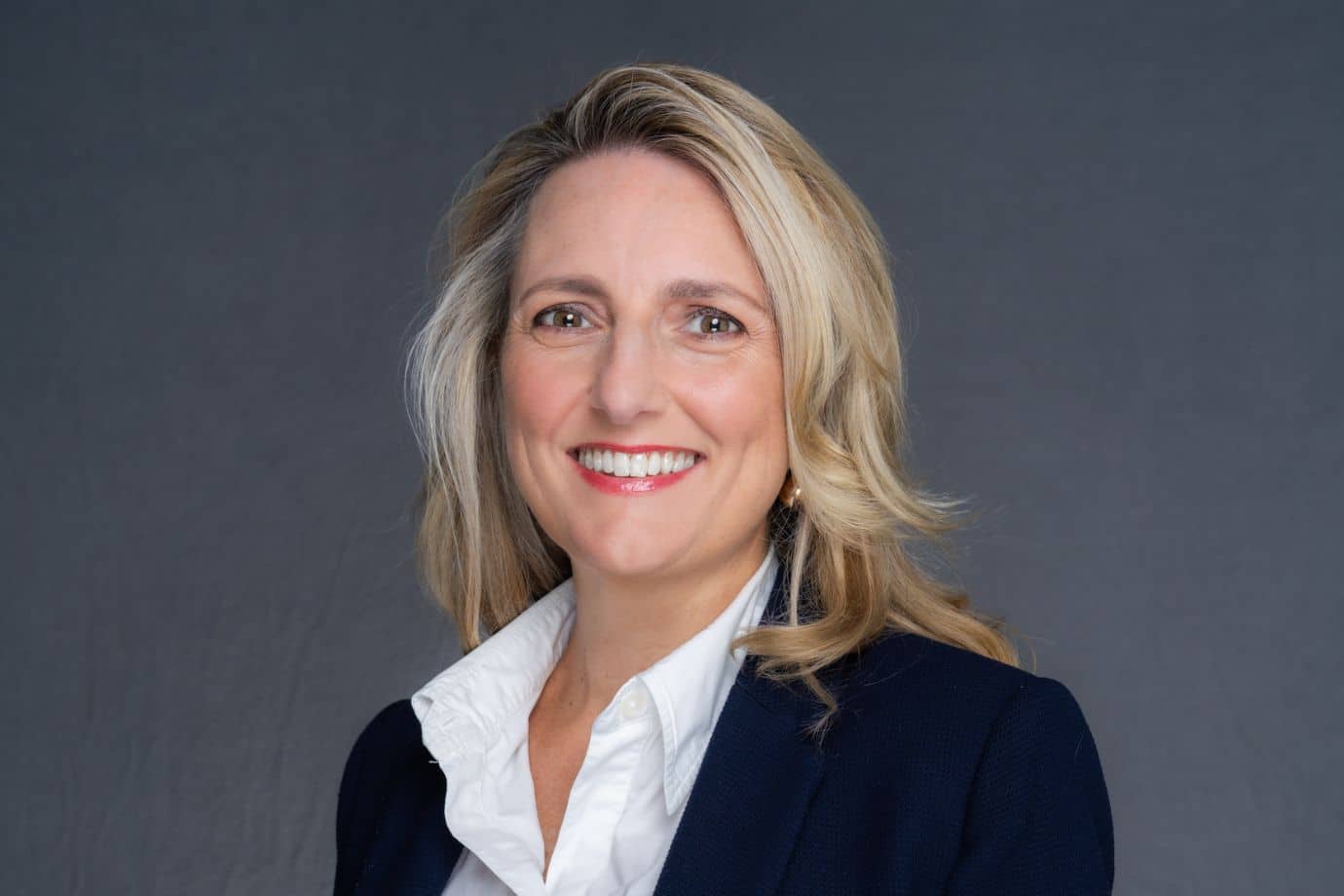When I landed my first job out of law school at a top Big Law firm, I was overjoyed. I had finally made it.
But being an M&A associate in Big Law was challenging. I left the house in the dark and came home in the dark. Between intense deals, “optional” happy hours (where a supervisor was tracking attendance), and pro bono work, my job was all-consuming.
During my first week out of law school, my supervising partner told me, “Bring a sleeping bag—the carpet is not as soft as it looks.”
Meanwhile, when I was in the office, my kids were growing up without me. I saw my daughter’s first steps on an iMessage video and had to apologize when a closing fell on my son’s birthday.
I dedicated myself to trying to balance work and family, but ultimately it was too much to juggle. I would get resentful when I set aside time for family, only to be pulled back into work. Even when I did have time with my family, it was difficult to quiet my mind, and my brain would often be racing to solve work challenges.
Work-life balance wasn’t working for me. I needed to come up with a different paradigm.
Big Law Culture
Unfortunately, my story isn’t an outlier in the Big Law community. Lawyers aren’t just encouraged but expected to work to the point of exhaustion and continue to push for months and years after they’ve experienced burnout. The average lawyer feels burnout at their job nearly half of the time.
The Big Law culture necessitates lawyers deprioritize all areas of life other than work as we strive to perform at the highest level. For those who want to be good firm citizens, hit hours, and progress on the partnership track, work must be prioritized over all else. After-work happy hours, late-night meal subsidies, and car services further entrench this culture.
This culture can be taxing on any individual, but I’ve found it’s particularly challenging for those who have necessary at-home obligations, such as parents. Parents have a binary choice: Prioritize family or move up the Big Law ladder. One study found that 61% of mothers have dealt with demeaning comments about being a working parent, and 48% believed that having children harmed their legal careers.
Solution
My solution came at my breaking point. One day, I came home and my toddler son refused to come to me. He clung to his mom and cried. That wasn’t sustainable for me. I love M&A and I love to work hard, but it couldn’t come at the cost of my family.
I made two changes. First, I rejected everything I had heard about work-life balance. I said, what if it were all integrated? What if there were no separation between Work Eli and Dad Eli?
This means that my work colleagues know about my family and actively support me, and my family is invested in my work success. It means I speak to my kids about the deals I’m working on, and when I take a call at bedtime, they’re excited to hear about it and support me. I called this “Fully-Integrated Life,” and it’s worked for me.
Second, I left Big Law. This meant forgoing my dreams of partnership at a Big Law firm and opting for a boutique, remote firm instead.
Without the commute and constant pressure to be physically present in the office, I had the freedom to integrate work into my home and personal life. I could work on important deals on my time and surround myself with clients who supported this vision. I found ways to be the best lawyer I could, while still being the dedicated dad who could pick my kids up from school and attend their sports games. I’m still immensely busy, but finally feel like I can control my own time.
That journey may look different for other lawyers. For some, setting strict boundaries or flexible schedules may work. For others, it may look like carving out time for a workout before heading to the office or establishing time for weekly therapy appointments.
As parents, we need to know that it’s not enough to just provide for our families. They need us there with them to experience their life and engage with them. Making these two changes has allowed me to do this, but the goal is to understand that it’s possible to find the answer that works for each of us.
All lawyers, parents or not, can strive for this type of integration between work and life. Finding ways to make professional life align with your values, goals, and personal objectives—however that may look for you—is worth it.
This article does not necessarily reflect the opinion of Bloomberg Industry Group, Inc., the publisher of Bloomberg Law and Bloomberg Tax, or its owners.
Author Information
Eli Albrecht is partner at SMB Law Group, where he represents buyers and sellers of businesses, with focus on private equity, independent sponsors, searchfunders, and self-funded searchers.
Write for Us: Author Guidelines





